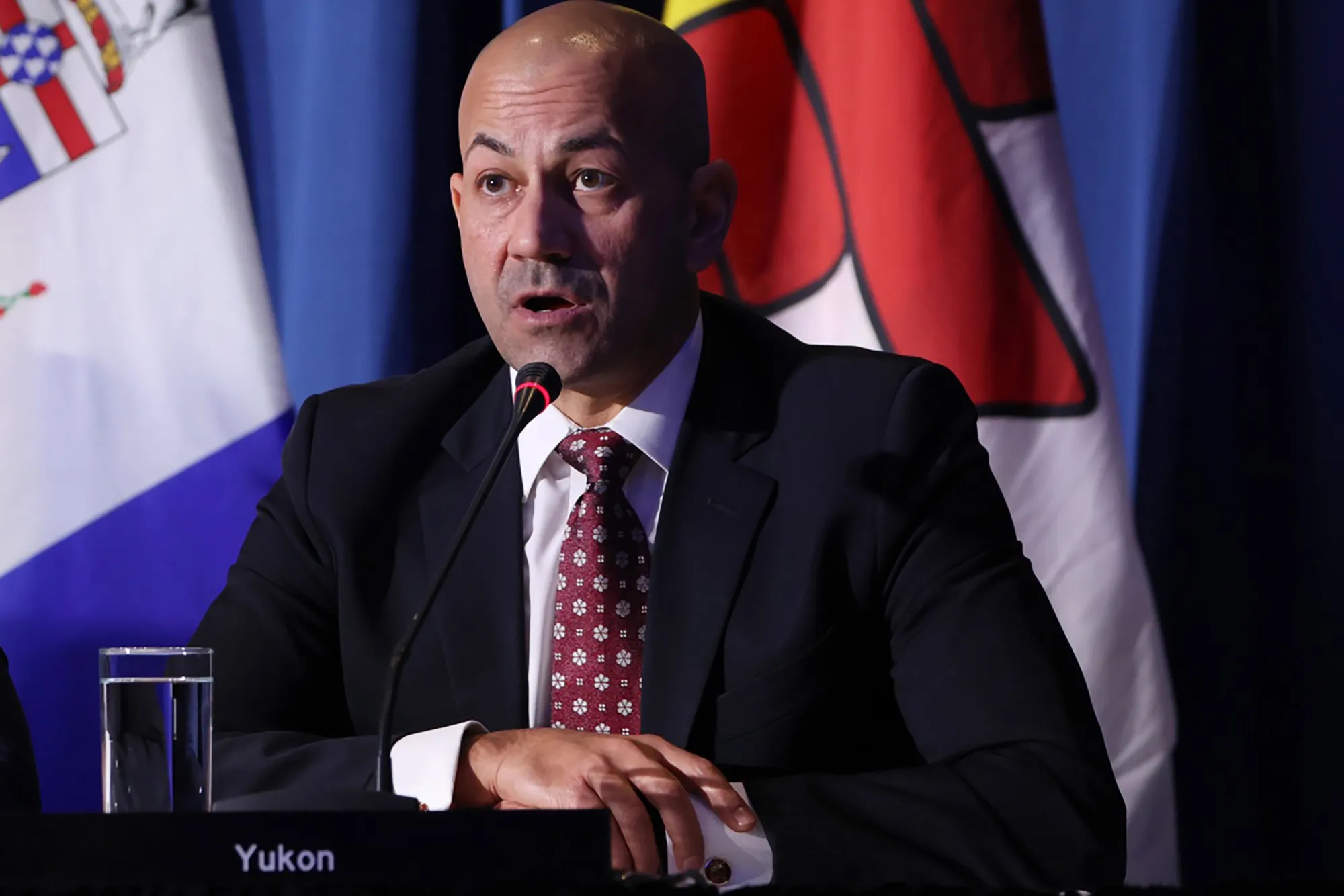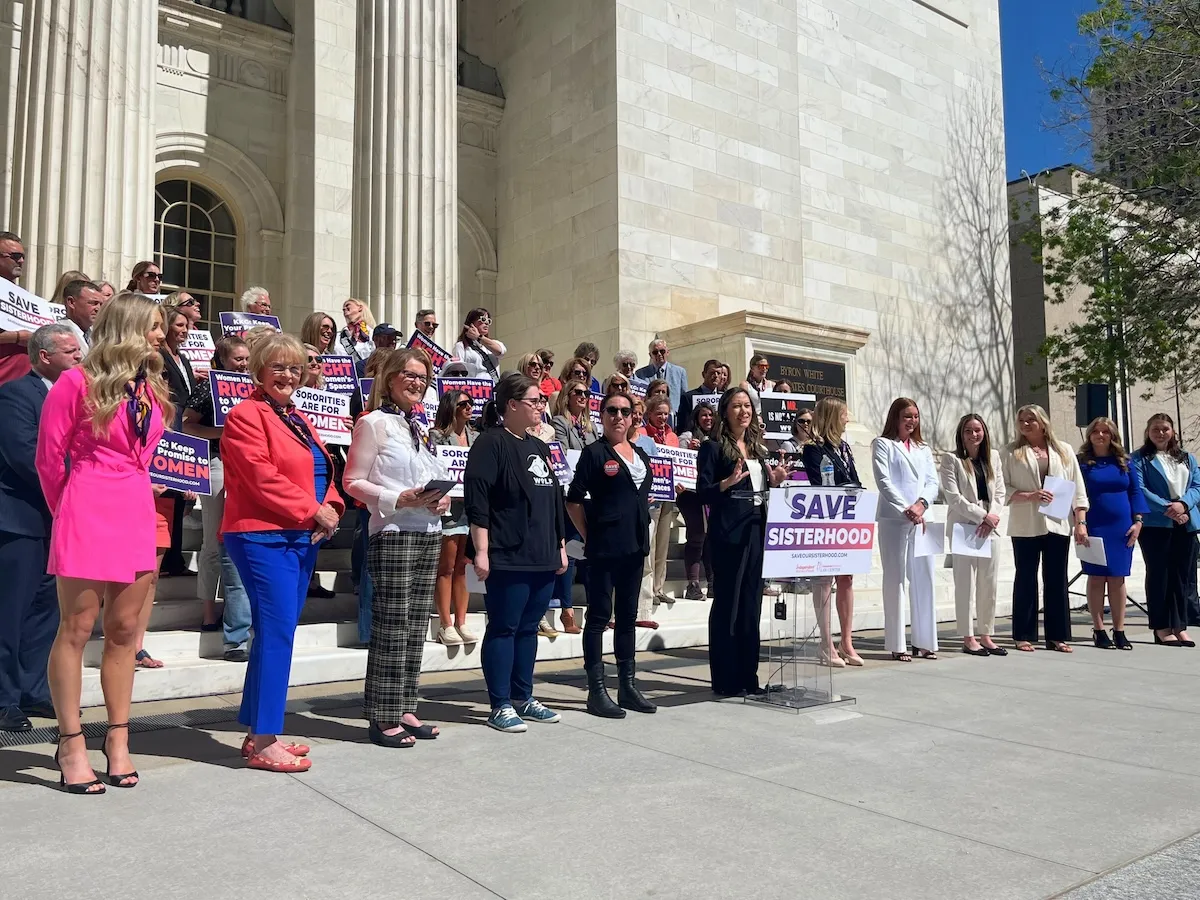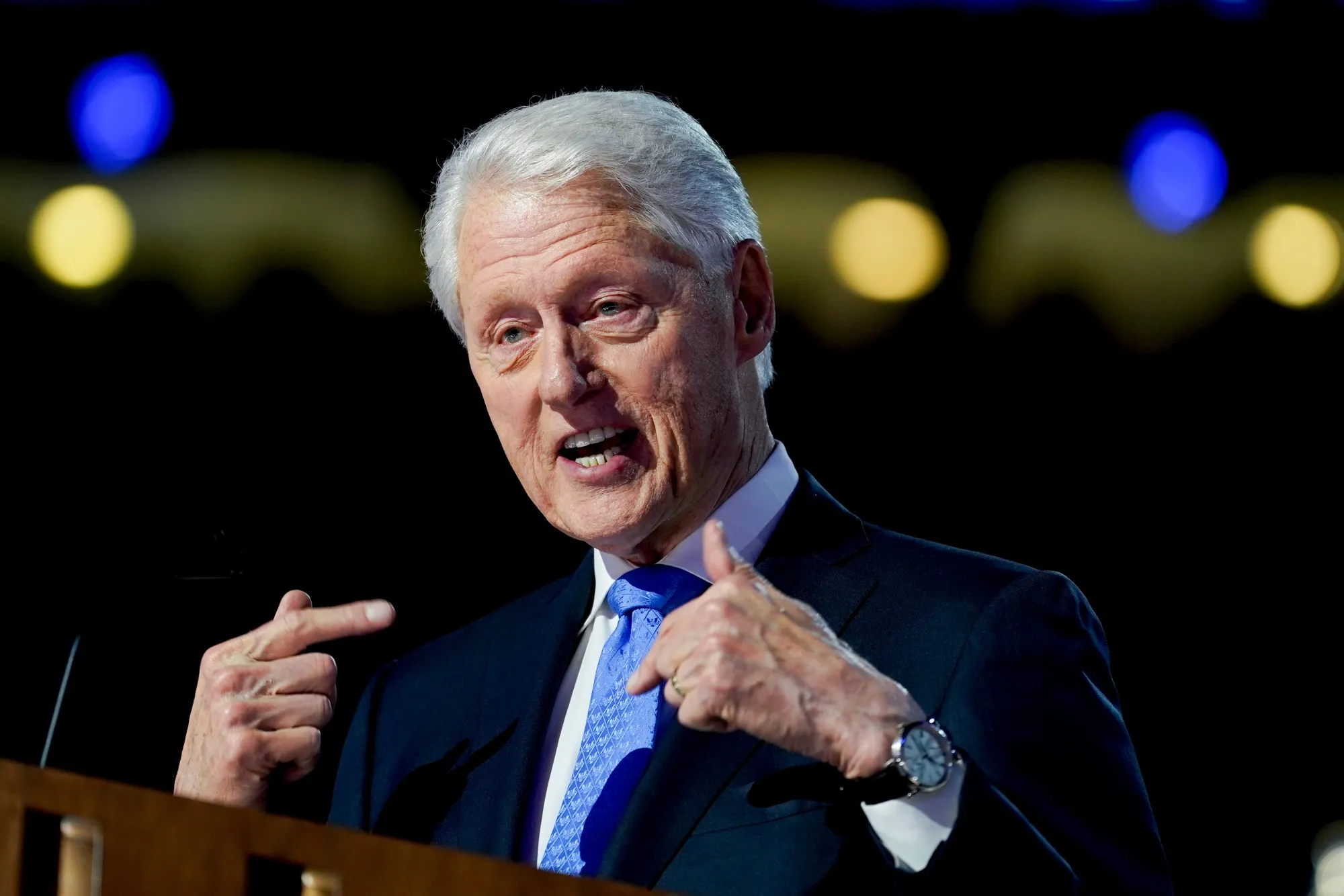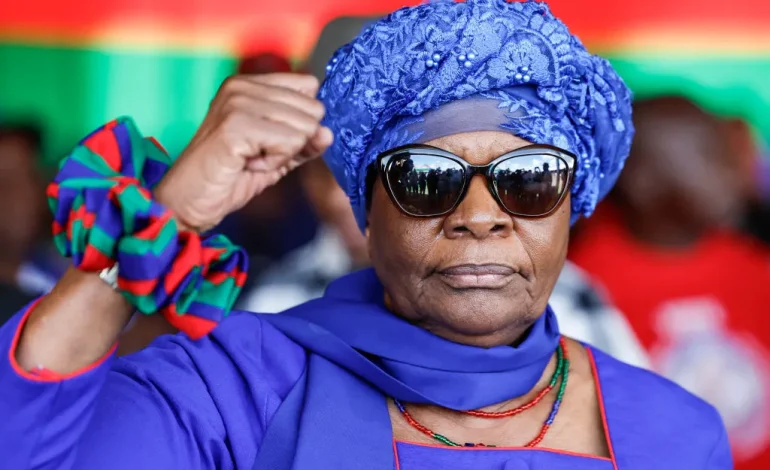Namibia holds its national elections on Wednesday, marking the most closely contested race since the country gained independence in 1990, Bloomberg reports.
The ruling South West Africa People’s Organisation (SWAPO), in power for 35 years, faces its toughest challenge yet amid widespread public discontent over unemployment, corruption, and inequality.
SWAPO’s candidate, Deputy President Netumbo Nandi-Ndaitwah (72), aims to become Namibia’s first female president. However, her path to victory is threatened by a surging opposition. The Independent Patriots for Change (IPC), a four-year-old party founded by former SWAPO member Panduleni Itula, poses the most significant threat. Itula, who garnered 29% of the vote in the 2019 presidential election as an independent candidate, is considered the strongest among Nandi-Ndaitwah’s 14 challengers.
Public dissatisfaction is palpable. A July Afrobarometer survey revealed that 76% of Namibians believe the country is heading in the wrong direction, citing unemployment and corruption as primary concerns. This mirrors similar disillusionment seen in Botswana and Mauritius, where recent elections saw significant shifts in political power.
While SWAPO secured 65.5% of the vote in 2019, Henning Melber of the Nordic Africa Institute suggests a loss of their parliamentary majority is possible, albeit unlikely. The upcoming administration will face the immense challenge of managing an anticipated hydrocarbon boom following recent offshore oil and gas discoveries in the Orange Basin by TotalEnergies SE and Shell Plc. Commercial production is projected to begin as early as 2029, promising to transform the Namibian economy. However, opposition parties warn of SWAPO’s history of mismanagement of natural resources (diamonds and uranium), urging transparency and accountability to prevent the oil and gas wealth from benefiting only a select few.
Beyond the hydrocarbon boom, the next government will grapple with significant challenges: a 43% unemployment rate, a crippling drought exacerbating water scarcity in already arid conditions, and a severe housing crisis, with nearly one-third of households living in shacks – a sharp increase from 16% in 2011.
Namibia’s proportional representation electoral system allocates 96 National Assembly seats based on party vote share. The presidency requires a majority vote; otherwise, a runoff will be held. Incumbent President Nangolo Mbumba, who assumed office following the death of Hage Geingob, is not seeking re-election.
Some 1.47 million people – a 12.7% increase from the last election – are registered to vote in this pivotal election. The outcome will profoundly shape Namibia’s future, particularly its ability to navigate the opportunities and challenges presented by its burgeoning oil and gas sector and its pressing socio-economic issues.









